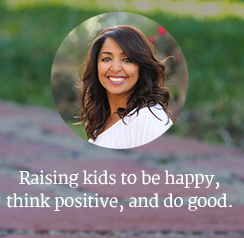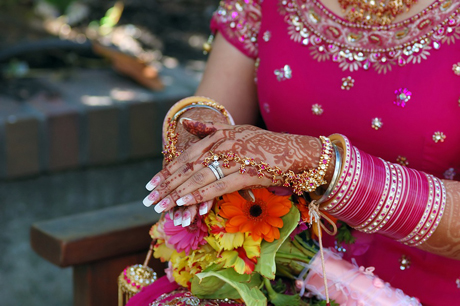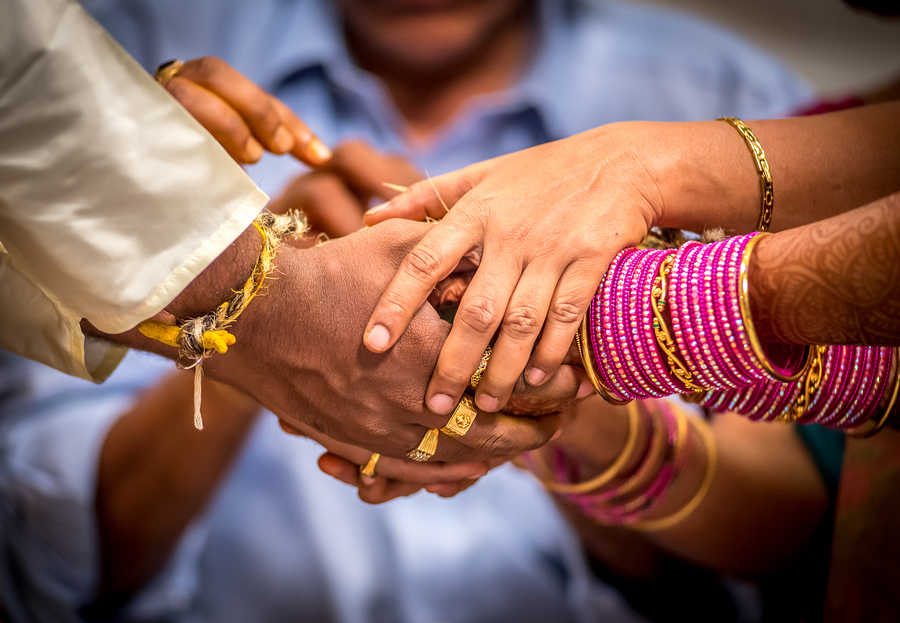
Parenting Contributor, Roma Khetarpal
As a mother of young adults, I have been noticing more and more how my generation is caught up in thinking that was set by our parents’ societal influences. We seem to expect that the children that we have raised here in the modern Western world should abide by the norms of society as it was when we were growing up. When it comes to education and our children’s “successful” careers, we have supported them 100 percent. For the most part, our young adult children no longer live at home, and we have made our peace with that. We have let them pursue their own lives and careers. Well, careers maybe, but definitely not lives.
Here’s the gist of a phone call I recently received from a friend seeking parenting advice:
“Yesterday I had a blast for Mother’s Day with my kids. It was so nice to have them home for the whole day. With their busy work lives, I was touched that they took the time to cook a delicious meal for me. I’ve pretty much accepted the fact that they are successful and living on their own now. Honestly, I often boast about that.
“Secretly, I had hoped that they would live at home until they got married— just as everyone in our generation did—but I have come to terms with the fact that life has evolved and kids are getting married later than we did. As I see more and more Indian kids doing this, I can accept that this is the norm, though I dare not talk about it.
“As we were having our Mother’s Day meal yesterday, my 29-year-old daughter asked me to keep her friend, Anila, in mind to introduce to any nice boys that I might know in my friends’ circle. I immediately suggested Dillan—a family friend’s son. After all, they are from the same cultural background, and he is 32.
“My daughter’s eyes lit up, and she said, ‘Oh, my gosh! Why didn’t I think of that? I forgot to tell you that I saw Dillan and his dad in my apartment building the other day. They were apartment hunting because Dillan wants to move to Burbank to be close to his family business.’
“The first thing that came out of my mouth was, ‘Was Deven with you?’ That’s my daughter’s boyfriend, almost her fiancé.
“‘Yes, yes, they met Deven, too,’ she answered.
“‘How did you introduce him?’ I asked.
“‘I just said that this is my friend Deven. And they both smiled and gave him a hearty handshake. They figured it out. Why would you ask that, Mom?’
“‘Oh, just wondering,’ I lied. I could feel my heart sink. The thought that was running through my mind was, Oh, no! People will start talking. They have been dating for a year now. They should just make this official. What are they waiting for? This looks so bad. To make it worse, my son immediately joined the conversation and said, ‘Oh, yeah. I forgot to tell you that Jiselle’ —his serious Hispanic girlfriend—’and I met Aunty Sheila and Rajesh and Nita in La Jolla last month.’ Those are also close family friends.
“Now my heart was in my mouth. My internal dialogue got louder: What the heck are these kids doing! Yet I was disappointed in myself because I knew I had double standards. On the one hand, I love both Deven and Jiselle and think that my kids have made such great choices in partners. Yet I was uncomfortable that they had publicly met family friends with their prospective partners while in uncommitted relationships. I hadn’t even told my parents about Deven or Jiselle. And then I felt guilty for thinking badly about my own kids.” 
My friend is not alone in her dilemma. Other parents have told me about the trouble they have accepting and talking about their millennial children living with their partners before getting married or even engaged. As my own children have entered adulthood and found their partners, I myself have felt similar feelings of discomfort. I, too, know this is life today, but I secretly wish they would follow the progression of meet, marry, live together—all within 6 months—just like my generation did.
As my friend and I continued our conversation, we acknowledged that we had done things that our parents balked at or were uncomfortable with. When I was introduced to my now-husband, Harish, through our families some 33 years ago, we both wanted to “get to know each other” before committing to marriage. Even after I was engaged, I remember having a grand old fight with my mom because I wanted to visit Los Angeles to better get to know my then-fiancé.
Yes, I had been born and raised in Kuwait, but I felt that I was modern. Gone were the times when you met, got engaged, and married without spending any time together. My mom finally caved in and accompanied me to the US. During my ten-day visit here, despite my mom’s strong disapproval, Harish and I went out every single day from 10 a.m. to 11 p.m. I remember vividly asking my mother what she was worried about. After all, we were engaged to be married.
Her answer was, “I have two worries: One, I don’t want people to get the wrong impression about you. Second, with hormones raging at your age, anything can happen. I don’t want you to be a mother before you are a wife.”
My answer was, “We are living in modern times, Mom. You need to get with it. Our generation has to get to know each other before we get married. And how could you think that I would be that stupid. I can’t believe that you don’t trust that I know how to take care of myself.” Even at age 20, I found that both humorous and insulting!
So have times changed at all? No, they really haven’t. We still worry about the same things that our parents worried about, and we react the same way they did, though perhaps over slightly different things. Human nature is designed to grow and evolve with time. Mindsets are never a constant; they continue to evolve through new experiences. Each generation extends the boundaries in relationships just enough to make the older generation uncomfortable.

We become uncomfortable because we are unfamiliar with something. When our kids venture into what is unknown to us, we feel fear. And we all know that fear multiplies like a plague! Fear of the unknown gives rise to too many “what-ifs”: What if they have given too much to a relationship without a paper commitment? What if they get hurt or pregnant? And, most of all, what if society and our community judge them?
But fear not, parents. We are all in the same boat that our parents and grandparents were in. It’s just that we don’t talk about it.
We pretend that our kids are the only ones whose mind-set is beyond our experience. What if we “modern” parents took a lesson or two from the Western world and allowed our kids to move into their relationships as they see fit— without resistance. It’s not like we need to allow them to do this or that. They are going to do what they do regardless—just as you and I did.
Why don’t we free ourselves to accept and not expect? Trust and not judge? Why don’t we step into our kids’ shoes and be excited about how different life is now. Why can’t we be confident that they will turn out fine, just as we did? Why don’t we throw away our preconditioned mind-sets and embrace what is new, releasing ourselves from old patterns? Why live in the past, buried in unwarranted emotions over something we have no control over? Why not be the first generation to break free from the shackles of a generation-old mind-set and enter the “now” with enthusiasm? Are we brave enough? Because ready or not, the future is here, and we will never experience it as our kids will.
Such is life. Clearly our kids have let go of whatever we had planned for them and have entered the life that is waiting for them through their own experience. With the advent of technology, our children’s world has truly become “one human race.” Can we step into this oneness with our children—embracing all cultures, religions, and races, letting go of our preconditioned cultural separations and societal influences?
Life can only be lived going forward. That must be our new mind-set. We owe that to our children, or we will leave them no choice but to move away from us. So let’s take this opportunity to open up a dialogue and release our kids from our old thinking.
What are your culturally induced fears for your young kids? What are your preconditioned challenges with your adult children? What are you feeling ashamed of or afraid to talk about?
Disclaimer: I’m extremely grateful to my friend—you know who you are— for letting me share her valuable private story. All names used above are fictitious.



There are no comments
Add yours